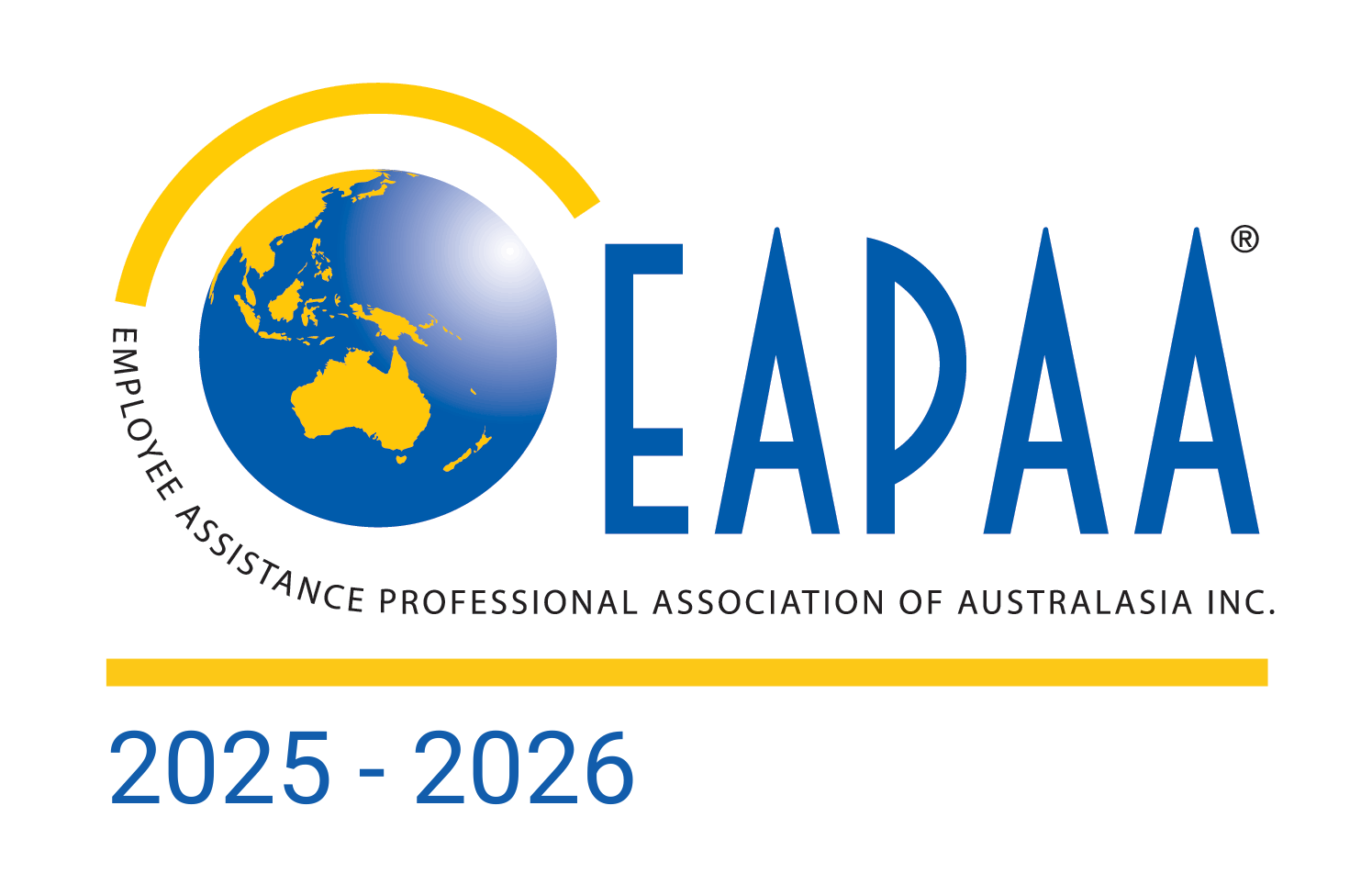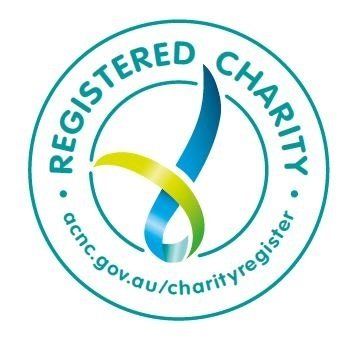Restorative Justice for Victims
In recent times we have been inundated with news, social media and movies reporting and discussing sexual assault. This is not a bad thing, because the more we talk about something the more we address it and make social change. Sexual assault remains one of the largest under reported crimes in Australia. However, victims want to have their voices heard. Australian of the year Grace Tame fought for laws to change which prevented her from speaking about her experience and perpetrator. Courageous woman like Britney Higgins who have been further victimised by speaking out. These woman and others send a loud message that it is not going to be tolerated.
These stories show the obstacles, loss, judgement, and inadequacies of our systems. We need to recognise that our justice system is ineffective. From a punitive justice perspective, a crime is prosecuted as a crime against the state and its laws. Often this excludes those who are impacted by the justice outcome. “Calculating the actual rate of sexual assault in Australia is almost impossible because survivor disclosure patterns vary widely. For example, a recent report on sexual assault by the Australian Institute of Health and Welfare revealed that almost 2 million Australians had experienced a sexual assault since the age of 15. Of the women who self-reported experiencing sexual assault in the 12 months prior, only 1 in 6 sought ‘traditional’ justice by reporting to the police. Only 4 in 10 reported the assault to a health service. The vast majority (over 70%) preferred the support of friends and family. For many reasons, these women felt the traditional reporting pathway and entry in the criminal legal system wasn’t for them.”
Traditional responses are failing survivors.
While it seems unimaginable that a survivor of sexual assault would wish to face the person who assaulted them ever again, most people do face their abuser again – sometimes because it is unavoidable and sometimes because they want to. According to the Centre for Innovative Justice in Melbourne, a restorative conference involves “bringing together a person/people who have been harmed, the person/people who caused the harm and other impacted community members (eg. family, neighbour, shopkeeper etc.) to have a conversation about what occurred. The emphasis is on being heard, understood, having questions answered, taking responsibility, showing remorse and contributing towards healing.”
Restorative justice aims to focus on three key areas: victims voice, validation and future plan.
Survivor-oriented restorative justice processes are showing significant outcomes and can be implemented alongside current laws with allowance for discretionary powers rather than having to rewrite current laws. Further government support and professional development is needed to support this to be a future method of justice for victims.
If this story affects you in any way please call:
P: 13 11 14
P: 1300 224 636
P:
1800 737 732
P: 08 8945 0155
Sexual Assault Referral Service (SARC)
Alice Springs: 08 8955 4500
Darwin: 08 8922 6472
Katherine: 08 8973 8524
Tennant Creek: 08 8962 4100
References
https://cij.org.au/opencircle/what-is-restorative-justice/
https://www.clcnsw.org.au/restorative-pathways-after-sexual-assault






